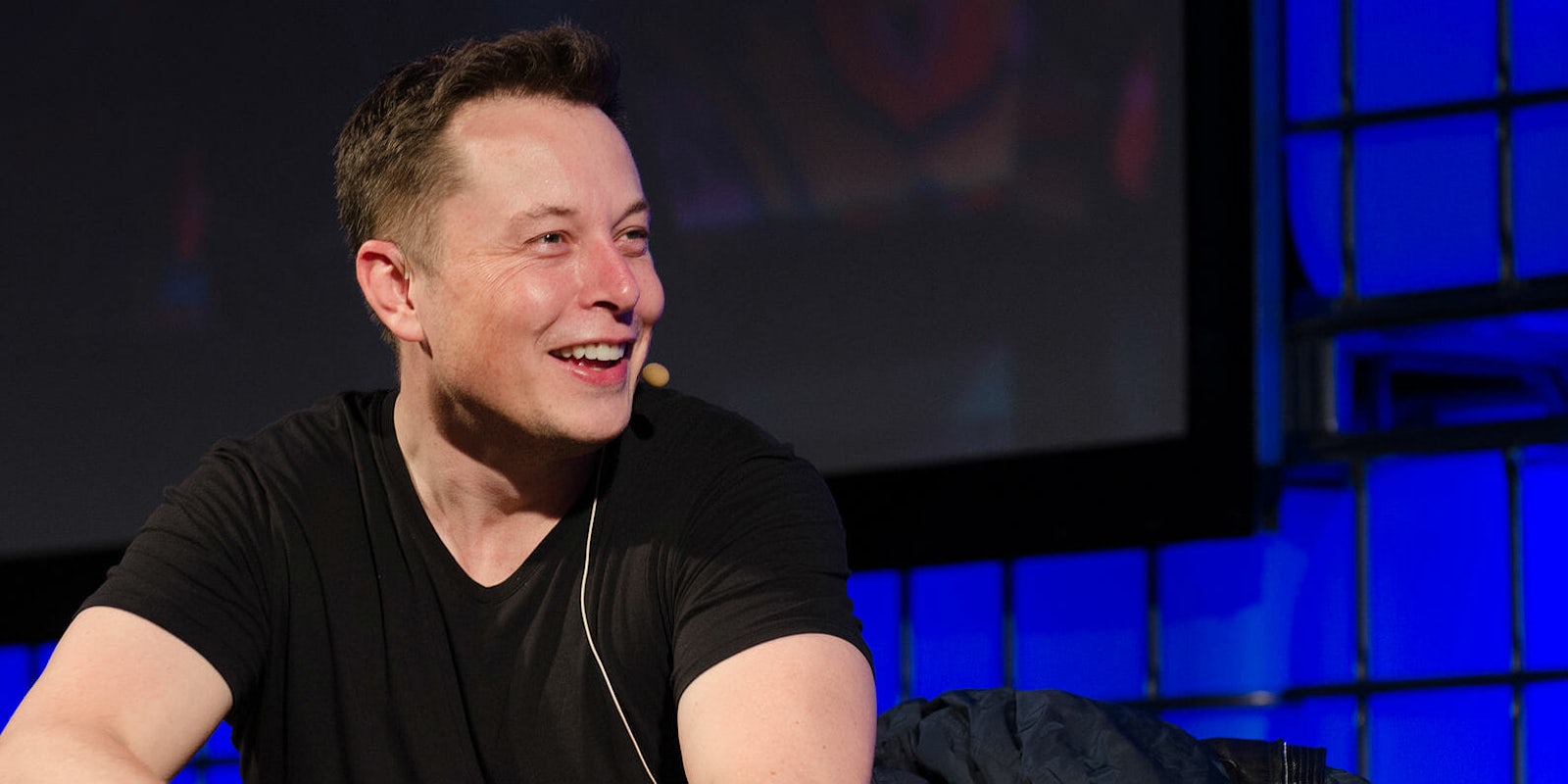Elon Musk has reportedly agreed to a rigorous 10-year compensation plan that requires him to achieve ambitious milestones or get paid nothing.
The deal dispels speculation that the business magnate is readying his departure from the company, a rumor he incited five years ago when he said he’d stay through the production of the Model 3. More recently he said, “I will certainly be the C.E.O. for the next four or five years, and it’s T.B.D. after that.” Musk told the New York Times that he has agreed to stay on as CEO at Tesla for the next decade.
By agreeing to the terms, Musk has put himself at the base of a hill some experts would believe is too steep to climb. To receive any compensation, which comes in the form of stock options, he will need to meet 12 challenging milestones, all tied to increasing the company’s market cap.
The dozen goals Tesla’s board set are ambitious: an increase of $50 billion every year, starting at $100 billion and ending at $650 billion in market capitalization. That’s a resounding increase from Tesla’s current market value of just $59 billion. The new compensation plan is similar to the one Musk signed in 2012 but much more demanding. The “2012 CEO Grant” in which each of 10 milestones unlocked additional stock options; it also required that the company’s value achieve and maintain an additional $4 billion every six months, up to $43.2 billion (13 times its starting value). Musk completed the task last year.
Tesla has also set 16 revenue and adjusted profit goals it’s calling “operational milestones.” Musk will reportedly need to meet at least a dozen of those benchmarks and all 12 market capitalization milestones for all his stock options to fully vest.
If he meets all the requirements, Musk would receive 1.68 million shares, or 1 percent of the company. That puts his total stock award at around $55.8 billion, enough to make him one of the top 10 richest people in the world. If he fails to reach those goals, he will receive nothing. Musk’s pay structure ensures that Tesla performs “extraordinarily well,” the company told Reuters. Needless to say, Musk is signing himself up for one of the most radical, risky contracts ever penned. But he isn’t deterred.
“If all that happens over the next 10 years is that Tesla’s value grows by 80 or 90 percent, then my amount of compensation would be zero,” Musk told the New York Times. “I actually see the potential for Tesla to become a trillion-dollar company within a 10-year period.”
When asked about what shareholders should think about the deal, Musk told the Times, “It’s heads you win, tails you don’t lose.” That is, if Musk fails, shareholders don’t pay anything. If he succeeds, he will have earned them money along the way.
If, after 10 years, Musk has indeed increased Tesla’s value to $650 billion, it would be the fifth richest company in the world, barring the growth of other companies (Apple’s current market cap is $900 billion). But the electric car maker has had a rough going of late. The Model 3, the car designed to bring electric vehicles into the mainstream, has faced severe production delays. Tesla also still hasn’t reached profitability and is losing money at a staggering rate: Bloomberg estimated Tesla’s losses at half a million dollars an hour in 2017.
Musk is already the biggest shareholder at Tesla, owning about a 20 percent stake. He receives a minimum wage salary—$37,000, the minimum amount required by California state law—but says he doesn’t cash the checks.
So, why would Musk agree to such a risky proposition? For the Red Planet, of course.
“I want to contribute as much as possible to humanity becoming a multi-planet species,” he said. “That obviously requires a certain amount of capital.”
The compensation plan is subject to shareholders’ approval. A vote is reportedly scheduled for late March.


